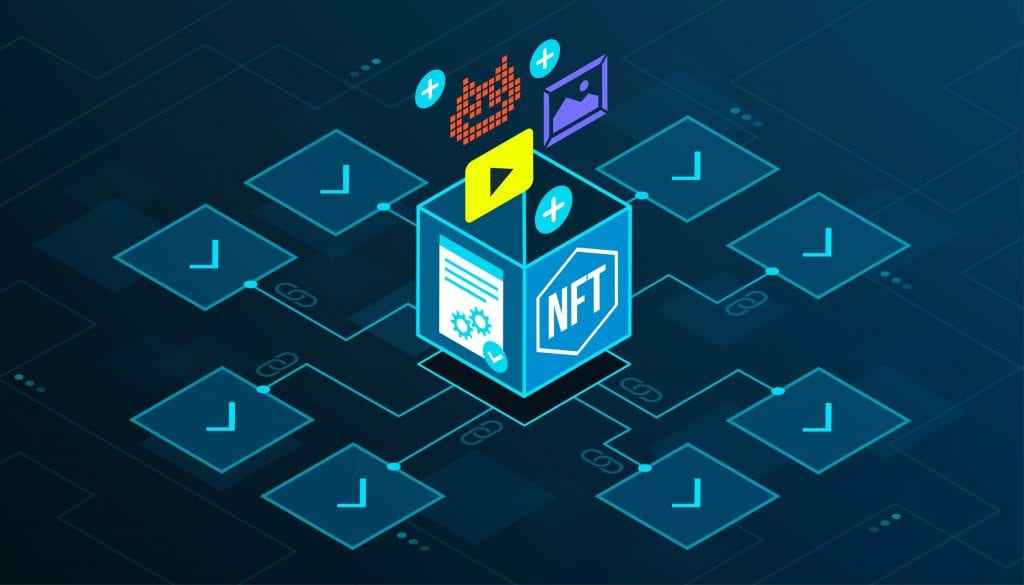In the future, NFT marketplaces may become a vast on-ramp for blockchain-based trading of digital assets. In recent months, much attention has been given to virtual sports trading (e.g. https://nbatopshot.com) cards and the like; however, it may seem counterintuitive (for some buyers) to “own” valuable digital art or sports collectibles but not to hold any copyright rights. In fact, NFTs do provide some rights over the digital work for which a token has been sold. After all, if NFTs are used to sell “rights” in valuable art, why should there be any confusion over NFTs and copyright? On the contrary, some may be confusing NFTs in such as way to equate them to copyright.
So what is the artist actually selling?
It is certainly not the right to copy something or license to copy. In fact, if an artist suffers a financial loss through others selling “authenticated” literary, dramatic, musical or artistic virtual works, he or she will have a claim under copyright pursuant to the Copyright Act, RSC to challenge any such sale or distribution of NFTs.
So what is the collector actually buying?
It is certainly not physical art or even the digital art.
In this blog, we propose to highlight the differences between NFTs and copyright and consequences for buying and selling NFTs.
Briefly, an NFT is part of the Ethereum cryptocurrency blockchain, allowing for the sale of a unique (i.e. non-fungible) token – separate from the cryptocurrency itself. NFTs themselves can be anything that is digital, and identified as unique through the token. The NFT may be bought and sold in the digital world as if it is a physical piece of art.
In part 2 of our blog, we shall discuss specific NFT rights in terms of ownership of digital art.
Should you require any assistance, please contact us to schedule an initial telephone call.

